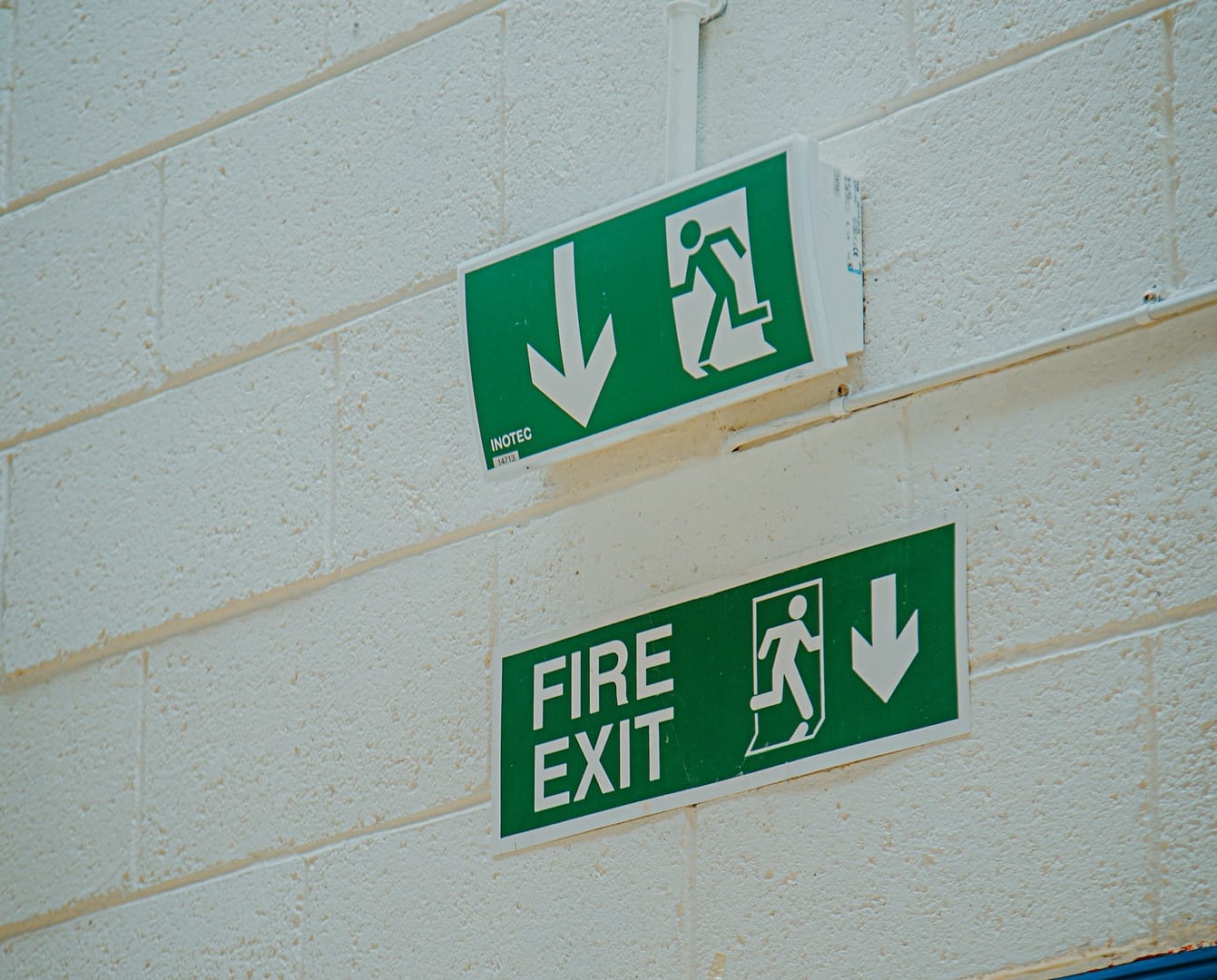NFCI, or non-freezing cold injury, has a less-than-pleasant history tied to its former name – trench foot. This condition got its start in the muddy, unsanitary trenches of World War I, and it continues to be a problem for people exposed to cold, damp conditions for extended periods.
Think of NFCI as a milder case of frostbite. While there’s no actual freezing of the tissues, prolonged cold temperatures and wetness still cause significant damage, particularly to the feet, which are furthest from the body’s core.
Ready to delve into this unique topic? Let’s go! We will also highlight how you can start a claim with us.
The Trenchy Beginnings
Picture this: World War I soldiers huddled for days, sometimes weeks on end, in deep, flooded trenches. Their boots, constantly soaked through, offered no protection against the relentless cold. The result? Trench foot.
This was a serious medical problem, affecting thousands of soldiers and often leading to disability or even amputation. Poor circulation to the feet, caused by cold and immobility, made them even more susceptible to injury. The combination of dampness and dirt also created an ideal environment for infections.
Signs and Symptoms: How Do You Know?
NFCI symptoms can be a little sneaky at first. You might start with:
- Tingling or numbness in the affected area, usually your feet.
- A feeling of coldness, even when the temperature isn’t low.
- Swelling and a change in skin color, making your feet look pale, mottled, or even reddish-blue.
As NFCI progresses, the symptoms get more intense:
- Throbbing or stabbing pain.
- Blisters and open sores.
- In severe (and untreated) cases, tissue death (gangrene), which might require amputation.
NFCI in Today’s World
Thankfully, trench foot isn’t the widespread issue it was in WWI. But don’t let your guard down! NFCI can still happen to anyone who spends extended periods in cold, wet conditions. Think:
- Outdoor workers: Construction workers, farmers, landscapers
- Hikers and campers: Especially when cold weather strikes unexpectedly
- People experiencing homelessness: Sadly, they lack the resources to protect themselves from the elements.
- Athletes: Winter sports enthusiasts need to be particularly careful.
Receive a Call About Your Claim
Prevention Is King
The best way to handle NFCI is to avoid it in the first place. Here are some top tips:
Stay warm and dry:
Wear layers of loose, insulating clothing and waterproof boots. Change wet socks immediately!
Take breaks:
Don’t sit still in the cold for too long. Get up and move around to keep your blood flowing.
Protect your feet:
Apply lotion or petroleum jelly before exposure to cold, wet conditions.
Recognise the signs:
If you start feeling any tingling, numbness, or pain in your extremities, warm them up as soon as possible.
Treatment: What If It Does Happen?
If you do develop NFCI, here’s the plan of action:
- Get warm and dry ASAP: Remove wet clothing and get into a warm bath or shower, if possible.
- Rest and elevate: Keep your affected limbs raised to reduce swelling.
- Don’t rub or massage: This might further damage already fragile tissues.
- Seek medical attention: Especially if you have blisters, open sores, or persistent pain. A doctor might prescribe medications for pain or infection.
Making a Workplace Injury Claim with National Claims
Suffered an injury at work? National Claims understands the complexities of workplace accidents. Whether it’s a slip And fall, equipment malfunction, or exposure to a hazard, we’ll fight for the compensation you deserve.
Free Consultation – Know Your Rights
Confused about the claims process? Our free consultation clarifies your situation. We’ll assess your case strength and guide you through the legal options available.
No Win, No Fee – Focus on Recovery
Don’t let legal costs delay your claim. We work on a “No Win, No Fee” basis, ensuring you have access to expert representation without upfront fees.
*Customers pay up to 25% (incl. VAT) of the amount recovered towards solicitor costs and if you cancel outside your cooling off period, you may be charged a fee.
Conclusion
NFCI might carry a historical label like “trench foot”, but make no mistake—it’s a serious issue that can still impact people today. By understanding what NFCI is, its causes, and preventive measures, you can significantly reduce your risk of experiencing this painful and potentially debilitating condition.
And remember, if a cold-related injury does happen, quick action and proper medical care are key to a full recovery. If negligence played a role in your NFCI, don’t let those responsible off the hook. Organisations like National Claims are here to help you fight for your rights.
Contact us today to speak to one of our claims agents who will be able to help you get started on your claim.
Click below to see why we are one of the most trusted claims management companies in the UK.

We’re proud of our excellent customer reviews
We thrive on delivering exceptional service and ensuring our clients’ satisfaction. Don’t just take our word for it. Check out some of our independent reviews to see what our clients have to say.
Excellent

This firm is excellent, they sorted out my car pay out and injury claim very fast, they always communicate with you all the time.

My accident case was dealt with confidence and with great result of the outcome, especially James kept me informed all the time.

I was very impressed at the way my inquiry was treated. I was listened to attentively and everything I needed to know was explained to me.






